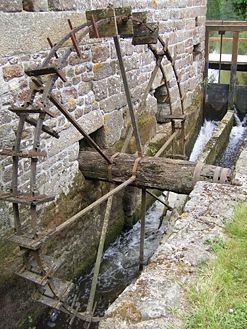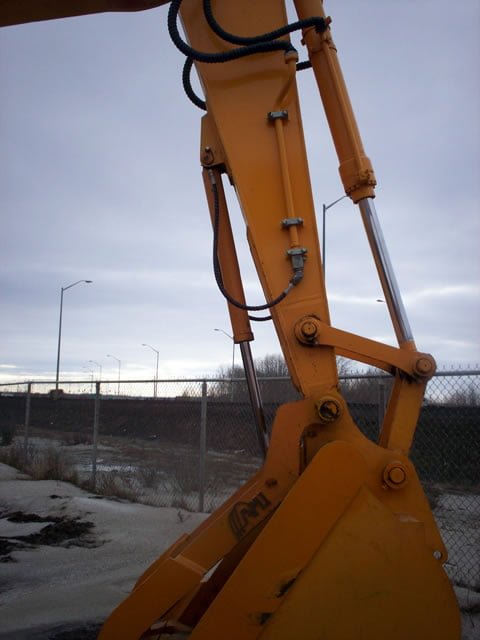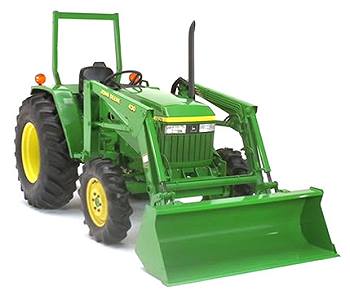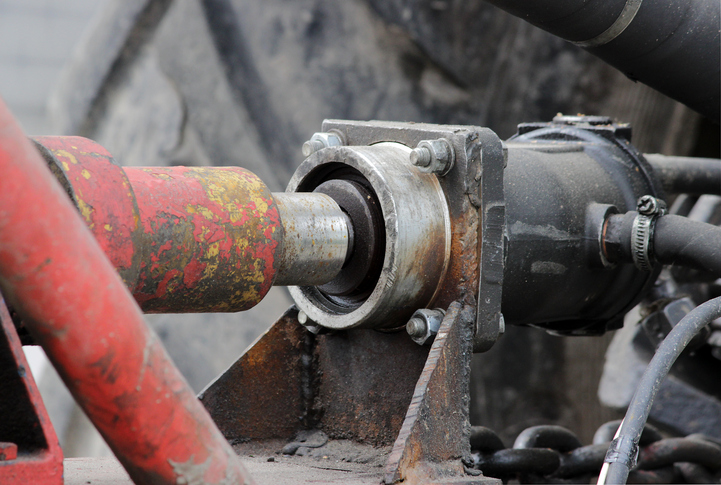 Hydraulic systems are fantastically useful in many areas of life. You can find them everywhere from your car to industrial settings, manufacturing machinery and heavy off highway vehicles. Using fluids under pressure to cause movement and work has been used by man as early as the 3rd century B.C. using pressurized water to turn a wheel. Ancient Rome used hydraulic power for a variety of things as that empire advanced and during the 1600’s the study of the sciences introduced the first hydraulic presses. It wasn’t until the early 20th century that hydraulic rams like we see today were widely used having oil as the working fluid.
Hydraulic systems are fantastically useful in many areas of life. You can find them everywhere from your car to industrial settings, manufacturing machinery and heavy off highway vehicles. Using fluids under pressure to cause movement and work has been used by man as early as the 3rd century B.C. using pressurized water to turn a wheel. Ancient Rome used hydraulic power for a variety of things as that empire advanced and during the 1600’s the study of the sciences introduced the first hydraulic presses. It wasn’t until the early 20th century that hydraulic rams like we see today were widely used having oil as the working fluid.
What are the advantages of a hydraulic system?
Hydraulics were originally designed because man need to make something move which couldn’t be under his own strength. Even now, we have many ways to move things. We have the ability to use electric motors and servos or electromagnetics, but hydraulic systems are still used in a wide variety of applications. This is because hydraulic systems have a variety of advantages other systems do not:
- One pump can power a variety of rams or motors
- Hydraulic systems are very durable
- A small power input can create a very large force overtime and a short distance
- They do not require a lot of maintenance
These distinct advantages of hydraulic systems mean that they are most often used in harsh environments to lift incredibly heavy or dangerous loads. These working environments mean that regular maintenance and inspection can be difficult and a hydraulic system failure can lead to a lot of problems and possible injuries.
How do I avoid a hydraulic leak?
This reality means that hydraulic systems, although low on maintenance need to be maintained properly to avoid sever problems in the future. The best place to look for best maintenance practices is in your equipment’s preventative maintenance instructions. Make sure all of the items recommended are done in the time they should be completed, even if they do not appear to need to be completed. This will ensure your hydraulic system operates safely and trouble free. If your system does not have a preventative maintenance schedule, here are some basic guidelines:
- Check the hydraulic oil tank for leaks or damage
- Check the hydraulic oil tank for proper fluid level
- Check the hydraulic oil tank cap for tight closure and a proper seal
- Check the hydraulic oil tank vent for cleanliness and proper operation
- Check the hydraulic oil for contamination, cleanliness and debris
- Check all hydraulic connections tight and not leaking
- Check hydraulic lines for kinking, splits or leaks
- Check all pump or motor shaft seals are in good condition and not leaking
- Check hydraulic ram seals for leaking
- Check hydraulic ram shaft for marking or scoring
- Check all mechanical joints and connections for play and grease if possible
What do I do if there is a hydraulic leak?
This list is not an exhaustive list and should not replace any manufacturer’s recommended preventative maintenance checks, but will help you identify problems in your hydraulic system early. The biggest enemy of any hydraulic system is a leak. The best preventive maintenance you can do to prevent leaks is to add BlueDevil Hydraulic Stop Leak to your hydraulic oil before any leaks form. BlueDevil Hydraulic Stop Leak will mix with your hydraulic fluid and can stay in the system. BlueDevil products restore dried, cracked and shrunken seals, and are guaranteed to stop any leak you currently have. One gallon of BlueDevil Hydraulic Stop Leak can treat up to 30 gallons of hydraulic fluid.
BlueDevil Products can be found on Amazon.com or at AutoZone, Advance Auto Parts, O’Reilly Auto Parts, NAPA, and other major auto parts retailers.
Related Articles



